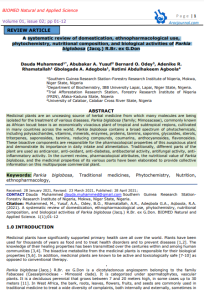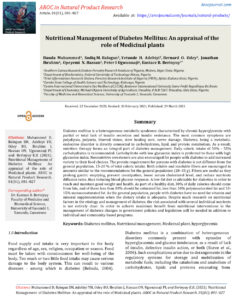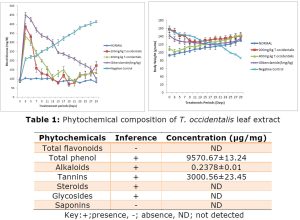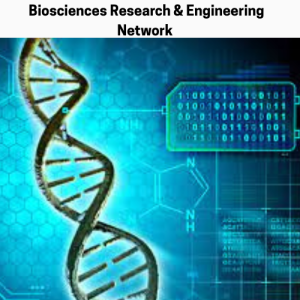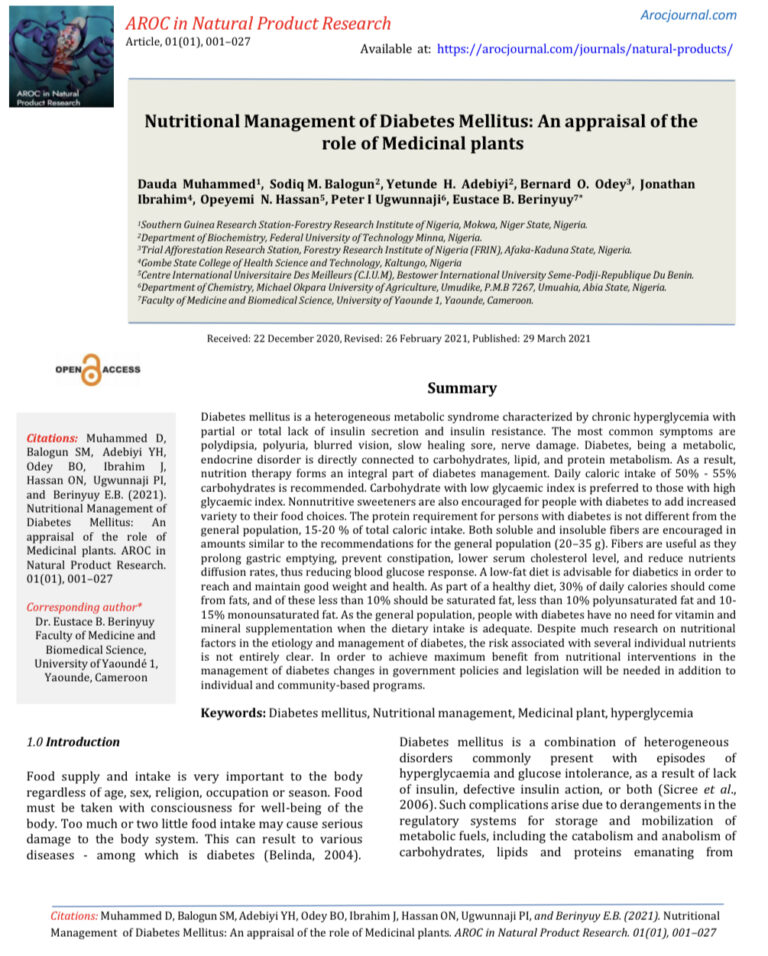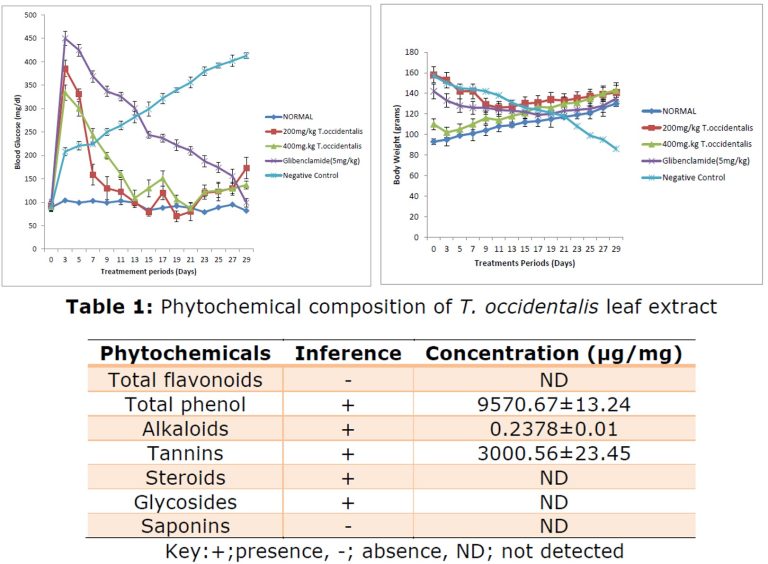Gene editing has long been a cornerstone of molecular biology and biotechnology, but traditional techniques have often been limited by inefficiency and lack of precision. The discovery of the CRISPR-Cas9 system, originally identified as an adaptive immune mechanism in bacteria, marked a breakthrough that has redefined the landscape of genetic research. Unlike earlier methods such as zinc-finger nucleases and TALENs, CRISPR-Cas9 offers a faster, cheaper, and more accurate approach to altering genetic material.
In recent years, the technology has been successfully applied in diverse fields ranging from human disease therapy to crop improvement, making it a global research priority. However, alongside these opportunities come ethical and societal concerns, particularly regarding its use in human germline editing. As the technology advances rapidly, a comprehensive understanding of its mechanisms, applications, and implications is essential for both the scientific community and policymakers.

